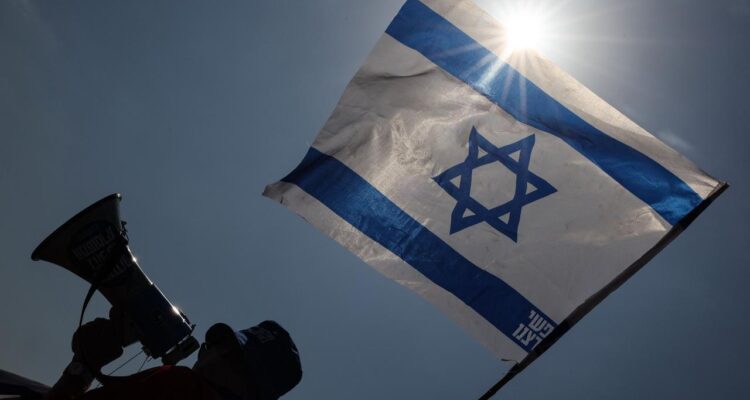Belal was barely out of his teens when he met his first Israeli Jew. He’s sitting in an old plastic chair in the centre of a dusty, shaded courtyard at a community centre in the West Bank, not far from the Gush Etzion interchange. The sounds of an early Israeli summer and traffic from the nearby highway hum gently under the sound of his voice.
This quiet and considered young Palestinian who studied accounting at university explains how he went from being raised in an environment of conflict and suspicion to being part of a powerful grassroots partnership between Jews and Palestinians that is determined to pursue peace.
Called Roots, its members refuse to accept the conflict that surrounds them or the false narratives that feed it. In their own words, they challenge assumptions that communities in Israel and the disputed territories hold about one another, building trust and creating a new model for change, from the bottom up. In many ways, the group is the everyday face of the Abraham Accords.
The assumptions Belal spoke of are, in reality, centuries in the making. They are steeped in history, conflict and, of course, at various times occupation by peoples near and foreign. It makes sense to me, in many ways, that the issues in the broader Middle East remain as fraught today as they have been for thousands of years.
Read the article by Gemma Tognini in The Australian.

